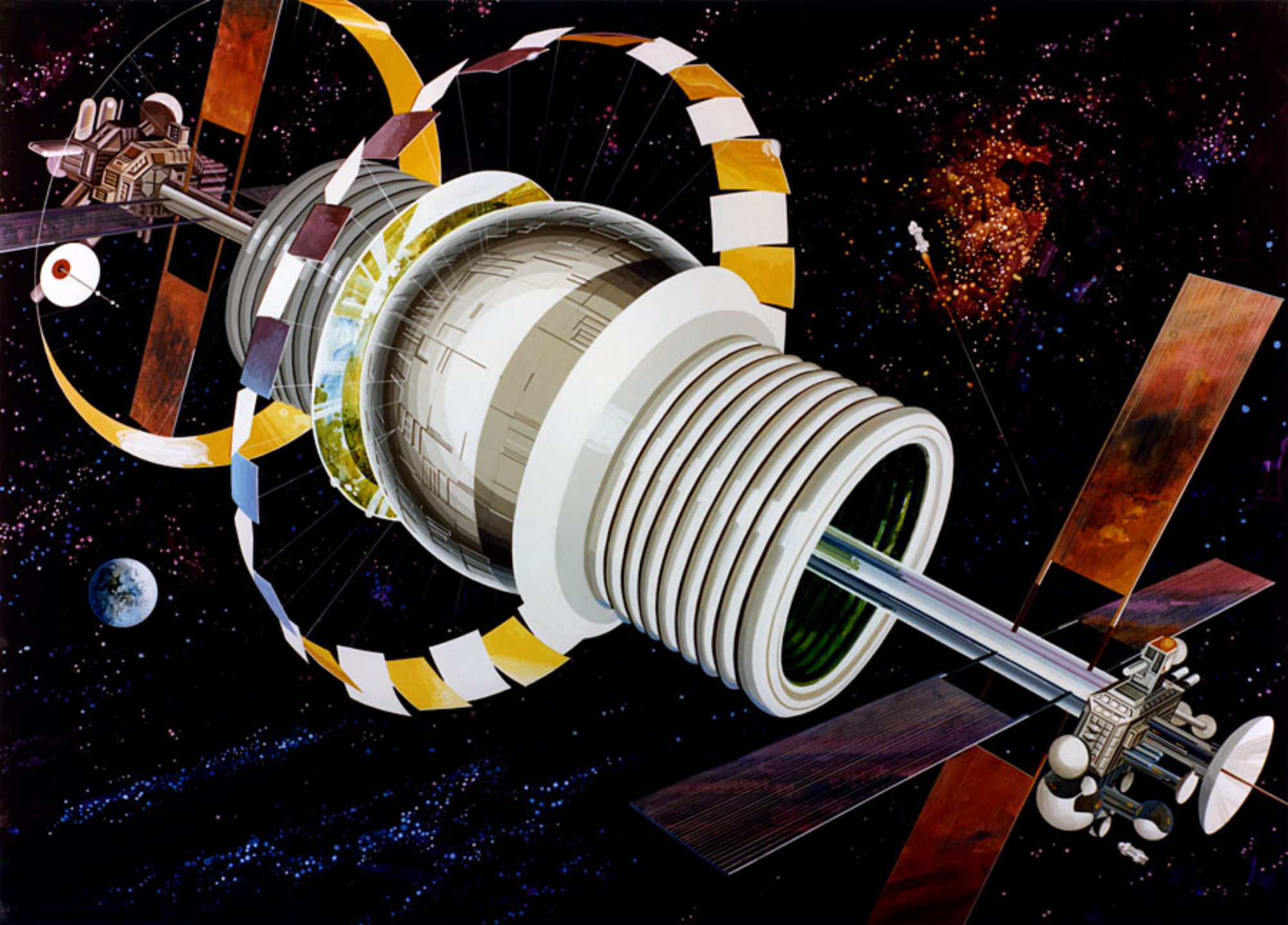
The U.S. Space Force, Air Force Research Laboratory and the Defense Innovation Unit just completed a workshop on the state of the U.S. space industry. The virtual event, hosted by New Space New Mexico, brought together more than 120 representatives across the federal government, industry, and academia to access the current health of the America’s space industry and to provide recommendations for strengthening that industrial base. The resulting report called “State of the Space Industrial Base 2020” has just been released this month.
The workshop focused on 6 key areas thought to be the locus of future space industry activities:
- Space policy and finance tools
- Space information services
- Space transportation and logistics to, in and from cislunar space and beyond.
- Human presence in space for exploration, space tourism, space manufacturing and resource extraction
- Power for space systems to enable the full range of emerging space applications
- Space manufacturing and resource extraction
Recommendations included:
- Industry should aggressively pursue partnerships with the US government to develop and operate joint commercial, civil and defense space capabilities. These partnerships should jointly fund developing capabilities that benefit from but are not heavily reliant on US government investment and revenue for their commercial viability.
- Entrepreneurs with innovative and potentially dual-use technologies must improve the protection of their intellectual property from unintended foreign assimilation, including protecting their networks from cyber exfiltration attempts, and avoiding exit strategies that transfer intellectual property to foreign control hostile to US interests.
- Businesses should engage across the US educational system to guide and develop the future STEM workforce to fuel the future space economy, to include funding for undergraduate scholarships/loans for STEM students, internships and providing space professionals to support instruction in space subjects.
- Industry should improve ties and partnerships with domestic and allied parts, subcomponent and subsystem manufacturers to strengthen trust and resilience in space supply chains.
